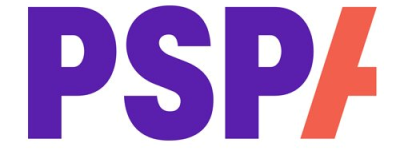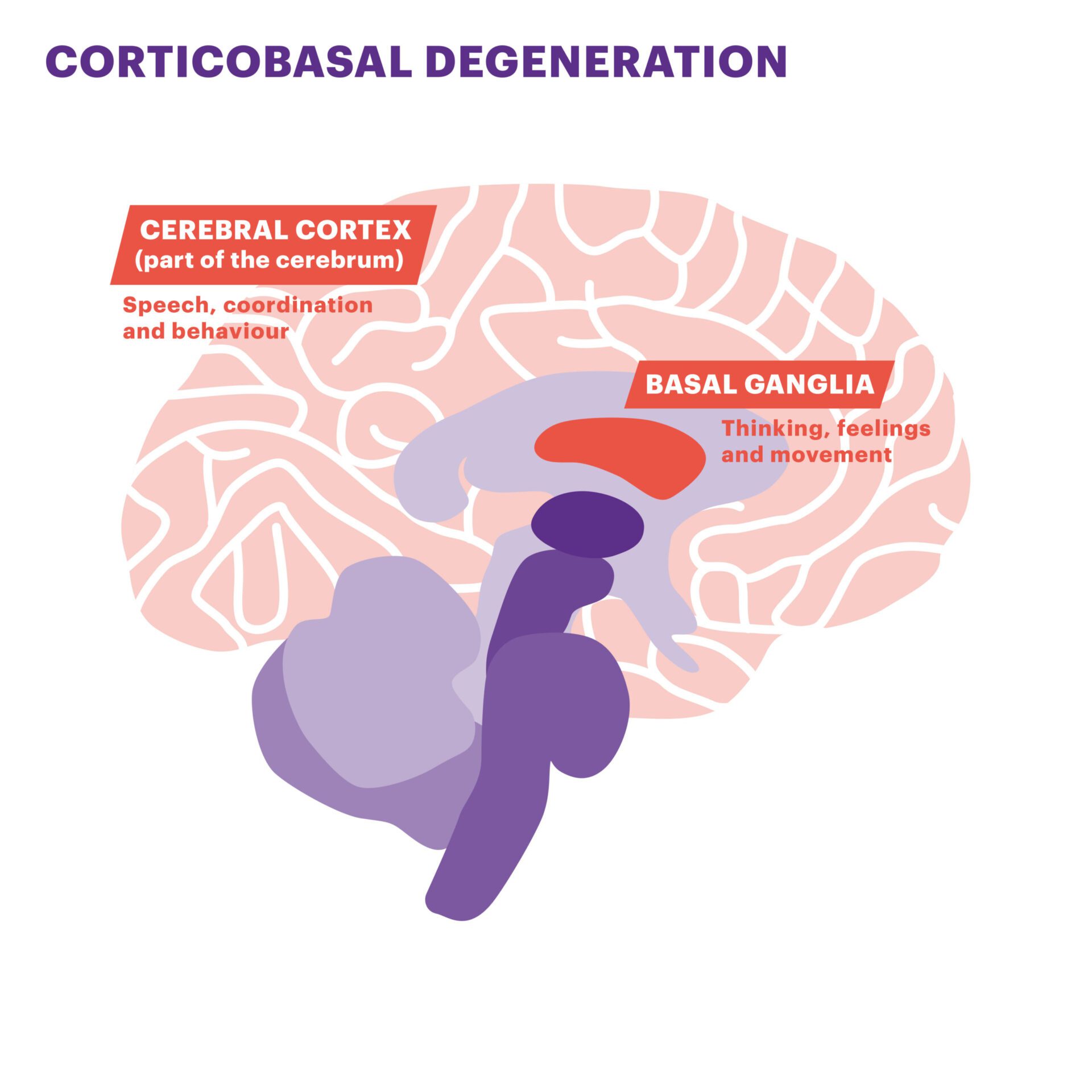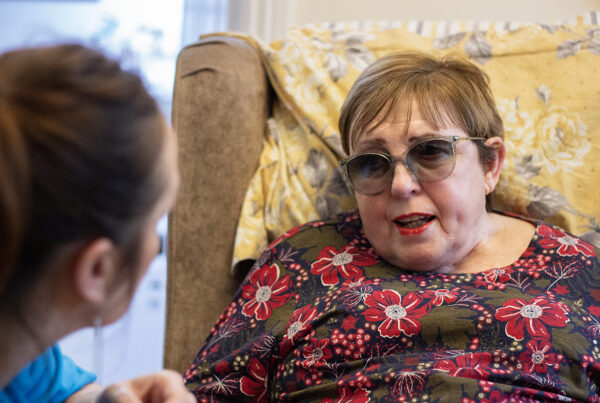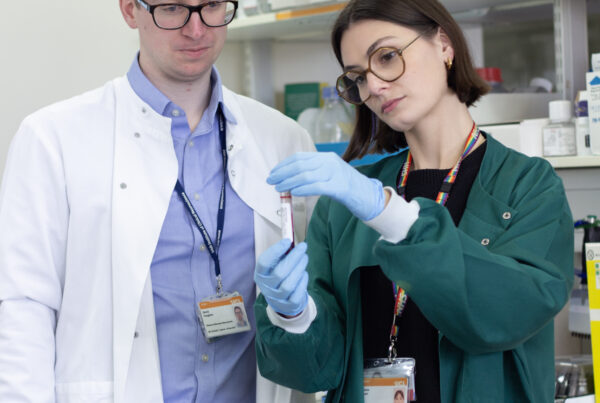Corticobasal Degeneration (CBD) is a rare, progressive neurological condition that causes problems with movement, speech, memory and swallowing. It involves degeneration of brain cells caused by the accumulation of abnormal tau proteins in the cerebral cortex and basal ganglia. Another term which is often used interchangeably when referring to CBD is CBS, which stands for Corticobasal Syndrome. But do they mean the same thing? Not exactly.
CBS refers to a set of symptoms a person might be experiencing which have been observed in a clinical setting. It usually affects one side of the body first, and happens when a disease process affects the brain, including a part called the parietal lobe, causing it to shrink.
Although related, both have different meanings, which often confuse newly diagnosed people or those looking for information on these neurological conditions. Below, we explain both terms to help you understand them better.
CBD and CBS – What do they mean?
The term CBD refers to a specific underlying brain disease, a 4-repeat (4R) tauopathy, that causes abnormal accumulation of tau protein and selective loss of nerve cells in regions that control movement, cognition and behaviour. It is only confirmed with certainty through post-mortem examination, although clinicians may use certain recognised diagnostic criteria and clinical judgement to make a probable CBD diagnosis.
CBS, on the other hand, is a clinical presentation of CBD and refers to a collection of cortical symptoms such as difficulty executing certain movements, rigidity, abnormal postures, and speech and cognitive decline. The important thing to note is that Corticobasal Syndrome can also be caused by other neurological conditions affecting these parts of the brain, for example, Alzheimer’s disease, Progressive Supranuclear Palsy (PSP), and stroke, which can lead to a range of symptoms that vary from person to person. But the most common cause of CBS is CBD.
What are their clinical characteristics?
Corticobasal Degeneration mostly affects individuals between 60 and 70 years of age, though cases have been documented ranging from the 40s to the 90s. Some of the most common symptoms include:
- Difficulty with motor planning and executing movements
- Abnormal postures and muscle contractions
- Involuntary muscle jerks
- Speech difficulties
- Cognitive decline
- Swallowing difficulties
- “Alien limb” phenomenon
CBD also has some typical pathological characteristics that help clinicians make a probable diagnosis. These include:
- Loss of brain cells
- Enlarged neurons/brain cells
- Abnormal tau protein accumulation
Although Corticobasal Syndrome is the most common clinical presentation of CBD, it is not exclusive to it. It can arise from many other neurological conditions, including:
CBS affects various functions, including movement on one side of the body due to loss of cells in specific regions of the brain, and based on the underlying cause, may have different pathological characteristics. But it also has several overlapping clinical features, such as:
- One-sided motor symptoms
- Trouble processing sensory information
- Difficulty with movements
- Abnormal postures
- Sudden involuntary muscle jerks
How are CBD and CBS diagnosed?
Unfortunately, there is no diagnostic test for CBD and CBS. Neurologists usually follow a structured process of diagnosis that includes considering the patient’s clinical history, ruling out other conditions like Parkinson’s, Alzheimer’s, stroke, etc., and using neuroimaging to identify distinctive patterns suggestive of the disease.
CBD specifically is only definitively diagnosed post-mortem by autopsying the brain and identifying the tau protein clumps. Regardless of the terms used at the time of diagnosis, the treatment and management approach is similar in both CBD and CBS, focusing on symptom relief, communication, physical support, and improving quality of life.
But there is hope for better and earlier diagnosis of these neurological conditions. Thanks to ongoing research aimed at improving diagnosis, including the use of biomarkers for enhanced accuracy, advanced imaging, and other similar studies, we can hope for a future where people can receive a precise diagnosis without the risks associated with brain biopsies, and drug companies can develop targeted treatments for specific diseases.
“Today, we can’t tell what disease is affecting a patient’s brain while they are alive. However, there is great hope for the future. Researchers, including PSPA-funded scientists, are developing tests that can look for specific proteins like tau in spinal fluid and blood.” – Dr Boyd Ghosh (Consultant Neurologist, University Hospital Southampton)
How PSPA supports people living with CBD
Living with CBD can be challenging for you and your family or carers. But we are here to support you at every stage. If you or a loved one is struggling with a CBD diagnosis and needs more clarity on any aspect of living with the condition, help is only a call away. PSPA is the only UK charity that provides information and support to people living with Progressive Supranuclear Palsy (PSP) and Corticobasal Degeneration (CBD), including:
- A dedicated Helpline
- Regional and online Support Groups
- Information for carers, families, and healthcare professionals
- Opportunities to take part in PSP & CBD research
No matter what your underlying pathology or symptom progression, PSPA supports everyone affected by PSP, CBD, and CBS. If you would like to learn more about Corticobasal Degeneration or PSPA’s services, please contact our Helpline at 0300 0110 122 or email us at helpline@pspassociation.org.uk.






